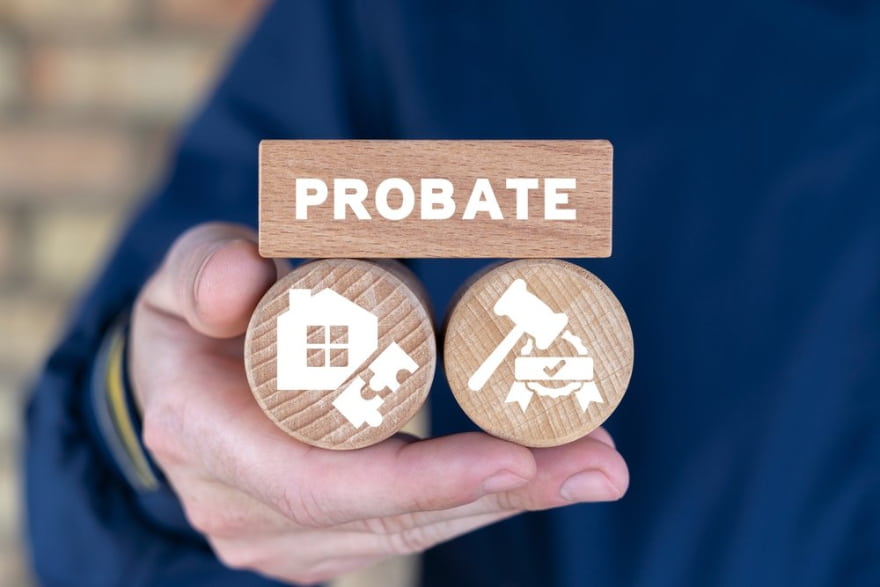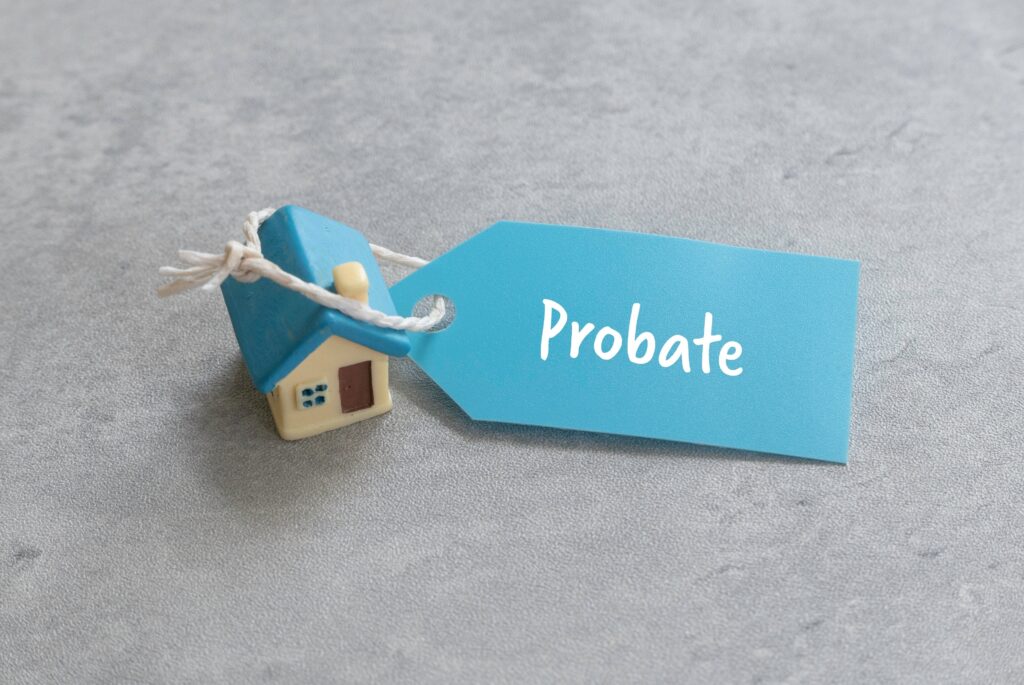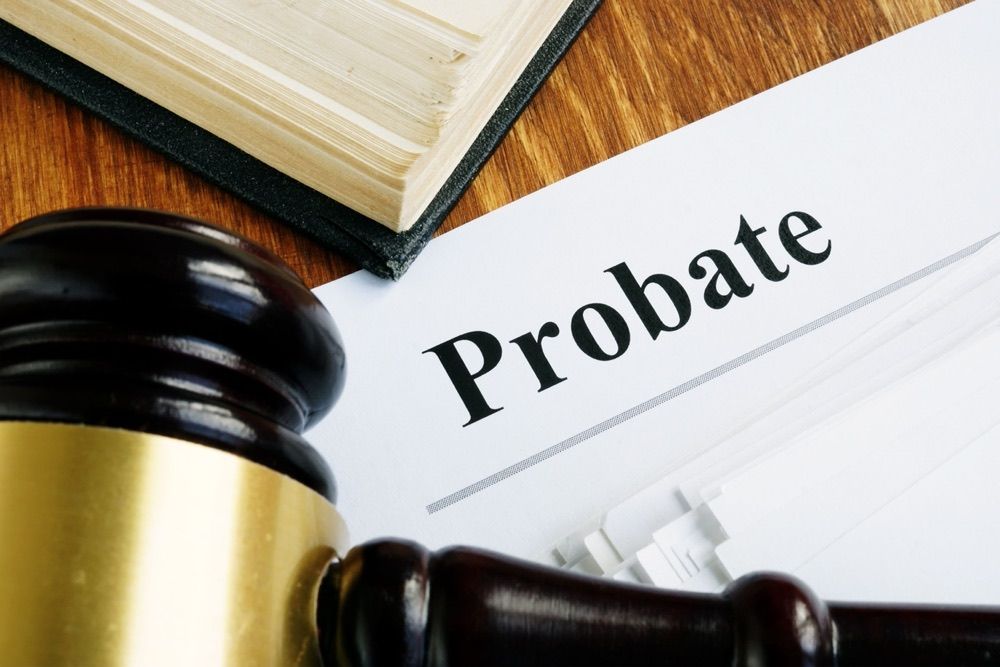Understanding the Probate Process in Texas
The probate process in Texas is a legal procedure that validates a deceased person's will and oversees the distribution of their assets. It is essential for beneficiaries to understand this process to ensure a smooth transition of property and to comply with state laws.
In Texas, probate typically involves filing the will with the local probate court, notifying heirs and creditors, and managing the estate's assets. The process can vary in duration and complexity depending on whether the estate is contested or involves various types of assets, making it crucial for individuals to seek legal guidance to navigate these intricacies effectively.
Common Probate Mistakes to Avoid
Many individuals make critical errors during the probate process that can lead to delays, increased costs, or disputes among heirs. Recognizing these common mistakes is the first step toward a successful probate experience.
Some frequent missteps include failing to properly document assets, neglecting to notify all beneficiaries, and not adhering to the timelines set by the court. By being aware of these pitfalls, individuals can take proactive measures to avoid complications and ensure that the estate is settled efficiently.
The Role of an Executor in Probate
The executor plays a pivotal role in the probate process, acting as the representative of the deceased's estate. This individual is responsible for managing the estate's affairs, ensuring that debts are paid, and distributing assets according to the will.
Executors must fulfill their duties with integrity and transparency, which includes keeping detailed records of all transactions and communications. Failure to perform these responsibilities can lead to legal challenges or personal liability, highlighting the importance of understanding the executor's role before accepting this responsibility.
Alternatives to Probate in Texas
While probate is a common method for settling an estate, there are alternatives available that can simplify the process and reduce costs. Understanding these options can be beneficial for those looking to streamline estate management.
Some alternatives to probate include establishing living trusts, utilizing joint ownership of property, and designating beneficiaries on accounts and insurance policies. Each of these methods can help avoid the lengthy probate process, allowing for a more efficient transfer of assets to heirs.






